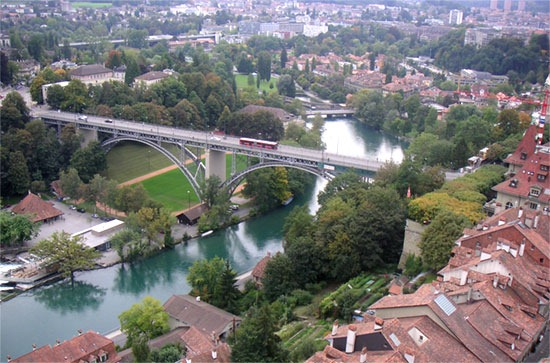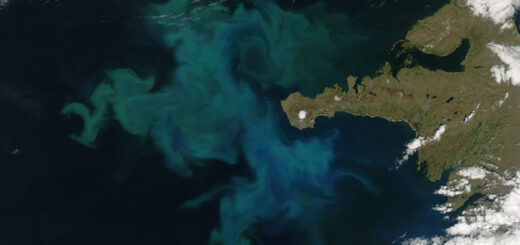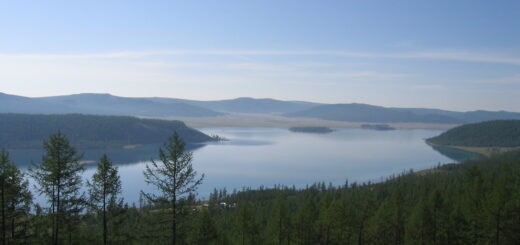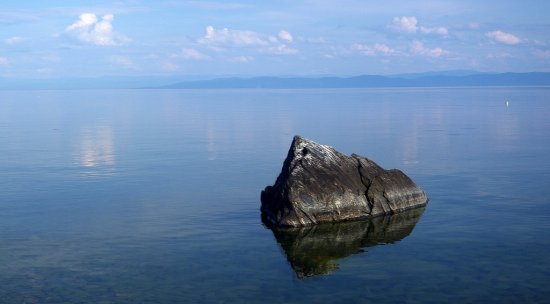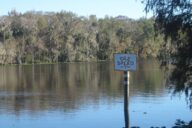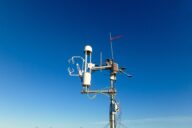Rising Temperatures To Disrupt Oneida Lake’s Ecosystem
0If temperatures continue to rise in New York’s Oneida Lake, it’s likely bye bye to the burbot fish there, according to a release from Cornell University. In addition to the local extinction of the cold water fish species, the shallow lake will become more vulnerable to algal blooms and lower oxygen levels, researchers say.
The predictions are being made following a study by scientists at Cornell who modeled the lake’s future using data on stream temperature and discharge, weather and lake temperature at varying depths. They modeled impacts of rising greenhouse gas emissions on the lake and took climatic snapshots of the years between 2041 to 2050 and 2090 to 2099.
For the year 2050, scientists predict that Oneida Lake’s temperatures will increase from April through November each year by about 2.5 degrees Fahrenheit. This increase has already been apparent in 2011 simulations and the differences are much starker for the end of the century. In 2099, lake temperatures at 2 meters deep are projected to increase by 3.70 degrees Celsius. At 10 meters deep, they are estimated to yield a rise of 3.37 degrees Celsius.

Oneida Lake, New York. (Credit: Flickr user Doug Kerr via Creative Commons 2.0)
Researchers also expect that temperature differences between the lake’s layers will become greater and last longer than they have in the past.
“Increased stratification and water temperatures are likely to cause more eutrophic conditions in the future, including more cyanobacteria blooms,” said Amy Lee Hetherington, a doctoral student in natural resources at Cornell and the study’s lead author, in a statement.
More blooms coincide with lower oxygen levels in Oneida Lake’s bottom layers that will have effects on species abundance and diversity. Cold water fish species, like the burbot, will suffer, as will creatures accustomed to living with the bottom-level oxygen levels of today.
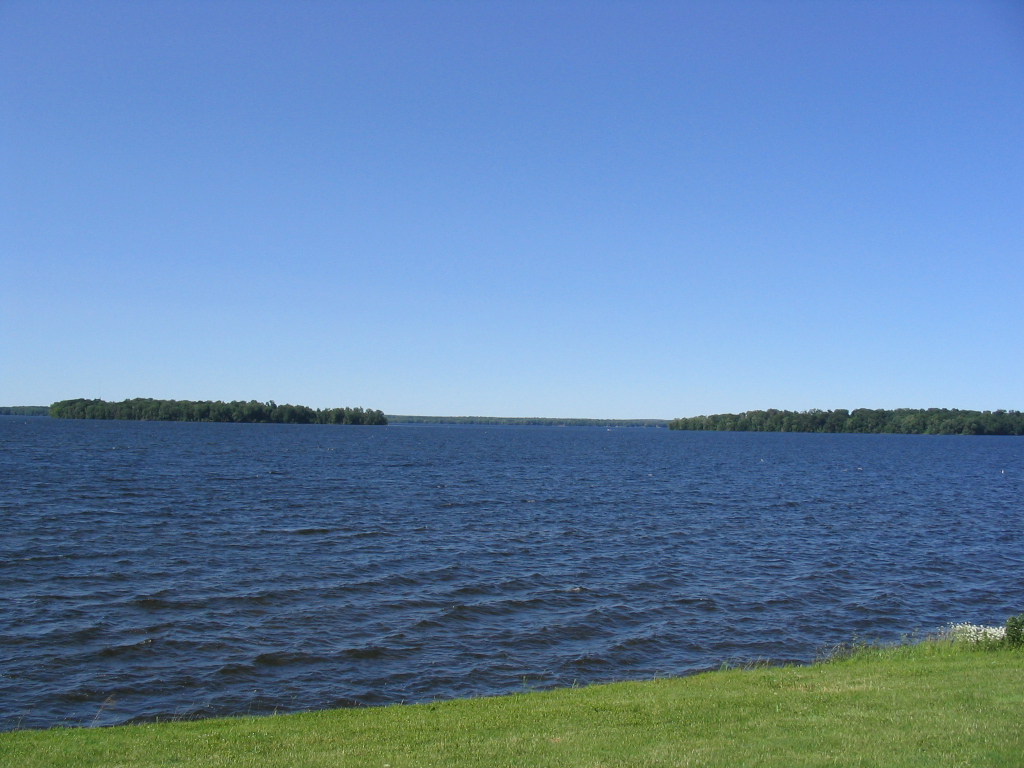
Oneida Lake as seen from Cicero, New York. (Credit: Wikimedia Commons user Joegrimes via Wikipedia)
The work, published in the journal Ecological Modelling, will help future research looking at similar changes in other shallow, algae-prone lakes.
“The thermal dynamics of lakes are affected by climate change, and in turn affect most aspects of lake ecology, including primary and secondary production, biogeochemistry, and biodiversity,” the researchers write. “This study contributes to our understanding of the thermal regime of polymictic lakes in a warmer world.”




